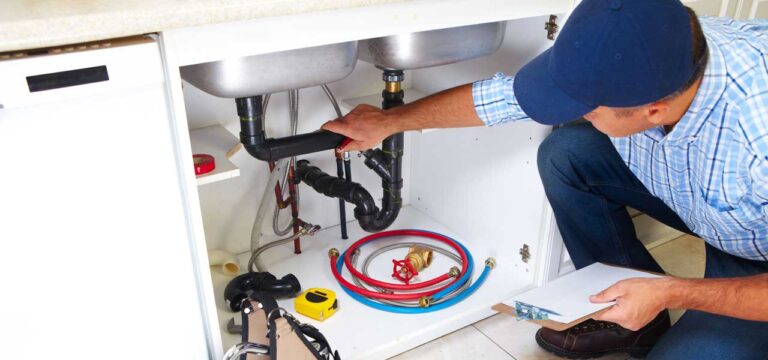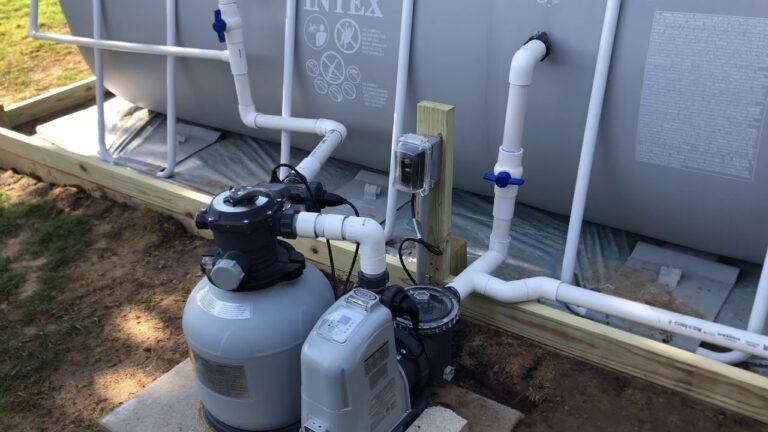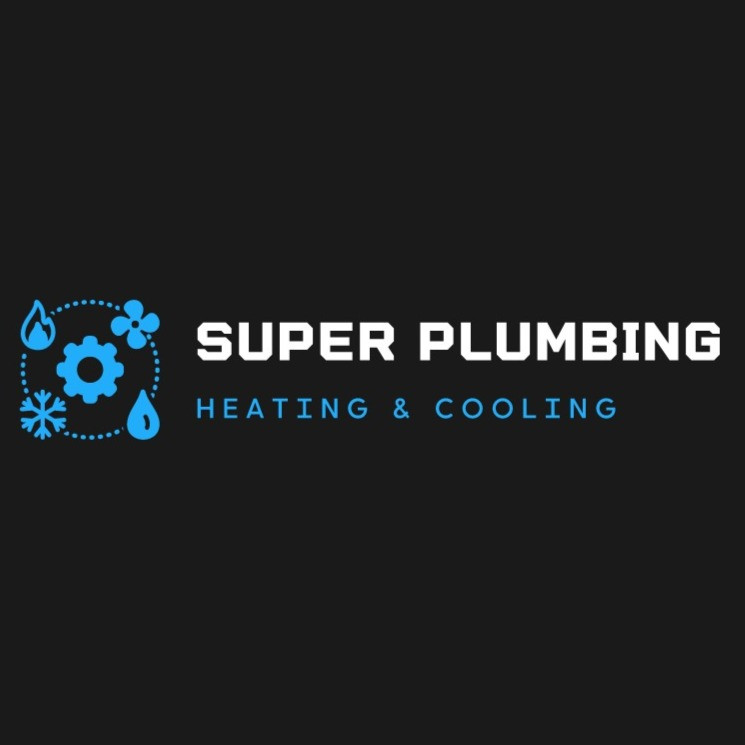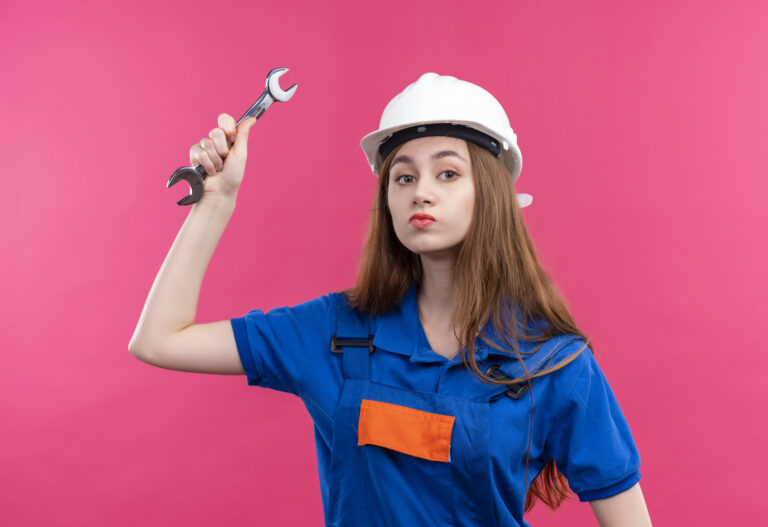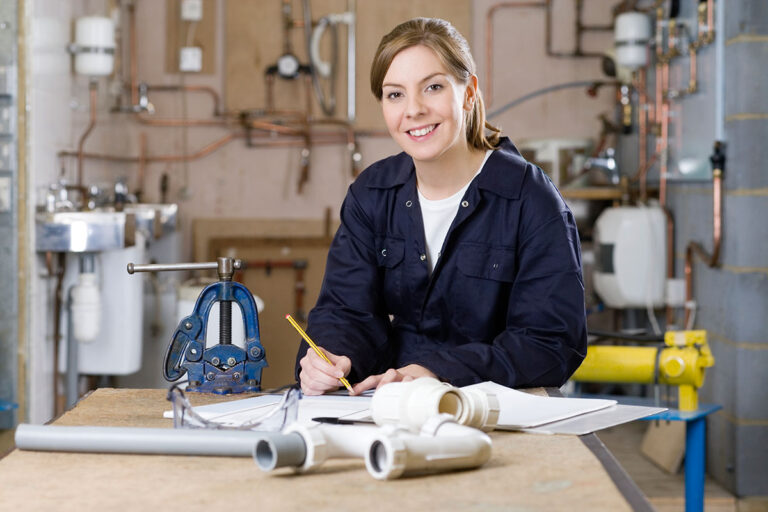What Is Plumbing And Type?
Plumbing is the system of pipes, drains, fittings, valves, and fixtures for carrying out a variety of fluids, including water, sewage, and gas. It is typically used in residential, commercial, and industrial buildings. Plumbing can involve a variety of different types of pipes, fittings, and fixtures, including copper, galvanized steel, PVC, ABS, and PEX. Plumbing fixtures include things such as sinks, toilets, showers, bathtubs, and faucets. Plumbing can also involve the installation of water heaters, water softeners, sump pumps, and water filtration systems.
Definition of Plumbing
Plumbing is an essential part of any building, whether it is a residential or commercial property. Plumbing involves the installation, maintenance, and repair of a variety of pipes, fixtures, and other equipment used in the water and sewage systems of the home or business. Plumbers are responsible for the installation, maintenance, and repairs of the plumbing system. There are several different types of plumbing systems, each with its own specific purpose.
The most common type of plumbing system is the water supply system. This system transports water from the main water supply line into the home or business. This system also includes the fixtures, such as sinks, toilets, and showers, and the pipes that connect them.
The other type of plumbing system is the drainage system. This system is responsible for the removal of waste water from the home or business. The drainage system includes the pipes, drains, and fixtures that are responsible for collecting and disposing of the water.
Plumbers are responsible for the installation, maintenance, and repair of both water supply and drainage systems. In addition, plumbers may be called upon to inspect the plumbing system for any potential problems or issues. It is important to hire a qualified plumber to ensure that the system is functioning properly and safely.
History of Plumbing
Plumbing has been around for millennia. It is one of the oldest professions in the world, and is still an essential part of our lives today. Plumbing is the practice of connecting pipes, fixtures, and other apparatus to create a water-tight, safe, and efficient system. This system is used to provide us with our water, sewage, and gas needs. The history of plumbing dates back to ancient civilizations, with evidence of plumbing systems found in the ruins of ancient cities. Ancient plumbing systems were made of clay, stone, and wood and used for the same purposes as modern plumbing. In the 1700s, cast iron and lead pipes were introduced and used widely in Europe and the United States. In the 1800s, the invention of the bathroom faucet and toilet increased the popularity of plumbing and in the early 1900s, modern plumbing systems were developed. Today, plumbing is an integral part of our daily lives and is used to keep our homes and businesses safe, clean, and efficient. Plumbing is used in everything from kitchen and bathroom fixtures to commercial and industrial applications. Plumbers are essential to keeping our water, gas, and sewage systems running smoothly and safely.
Types of Plumbing Systems
Plumbing systems are essential for both residential and commercial establishments. It is important to understand the different types of plumbing systems and how they work in order to ensure efficient water delivery and drainage. Plumbing systems are generally divided into two main categories: domestic and commercial. Domestic plumbing systems typically provide water for basic household needs such as bathing, washing laundry, and disposing of wastewater. These systems typically consist of a network of pipes, fixtures, valves, and other components. Commercial plumbing systems, on the other hand, are larger and more complex. They provide water for larger buildings, such as office buildings, restaurants, and hospitals. These systems are designed to handle a greater volume of water and may include components such as larger pipes, more complex fixtures, and greater pressure requirements. In addition, the installation of a commercial plumbing system may require more specialized knowledge and expertise. Regardless of the type of plumbing system, it is important to make sure that it is properly maintained and regularly inspected in order to ensure that it is functioning properly.
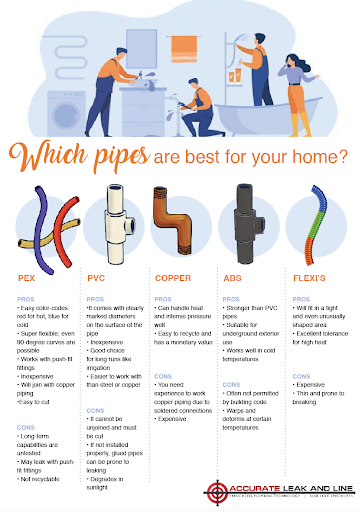
Plumbing Components and Fixtures
Plumbing is a system of pipes, pumps, and fixtures that are used to deliver water and dispose of waste. Plumbing components and fixtures are the main elements of the plumbing system. These components and fixtures include pipes, fittings, valves, water heaters, water meters, and other devices. Pipes are the main component of the plumbing system. They are used to carry water from the source to various points. Fittings are used to join pipes and create seals. Valves are also used to control the flow of water and provide safety. Water heaters are used to heat up water for use in the home or business. Water meters are used to measure the amount of water being used.
Plumbing components and fixtures are essential to the proper functioning of the plumbing system. They play an important role in the efficient delivery of water and disposal of waste. Proper maintenance and installation of these components and fixtures is necessary to ensure the safety and longevity of the plumbing system.
Benefits of Professional Plumbing Services
Plumbing is an essential part of any home or business. It helps us to access clean drinking water, sanitary drains, and other essential utilities. Professional plumbing services provide a number of advantages, from preventing serious damage to saving you money in the long run.
One of the main benefits of professional plumbing services is that they can diagnose and fix any plumbing problem quickly and accurately. With the help of specialized tools and experience, they can quickly identify the source of the issue and then take the necessary steps to repair it. This helps to prevent further damage that can lead to extensive and expensive repairs.
Professional plumbers can also provide maintenance services that help to ensure that your plumbing system remains in tip-top shape. This includes checking for signs of leaks, corrosion, and blockages. Regular maintenance also ensures that your plumbing system is running at its optimal performance level, which can help you save money on energy costs.
Finally, professional plumbers are also able to provide advice on how to improve the efficiency of your plumbing system. This can include suggesting new fixtures and materials that can reduce your water consumption or recommending ways to conserve energy. All in all, professional plumbing services can help to ensure that you have an efficient and safe plumbing system that you can rely on.
Maintenance Tips for Plumbing Systems
Plumbing is essential for your home or business. Ensuring your plumbing system is running smoothly is important to your overall indoor comfort. From the water heater, to the showerhead, to the sink, there are a variety of vital components to a plumbing system. To ensure your plumbing system is in top condition, it is important to perform regular maintenance. Here are some maintenance tips to help keep your plumbing system running efficiently.
First, inspect the entire system for any signs of damage such as water leaks, corrosion, or other signs of deteriorating pipes. If you find any damaged pipes, contact a professional plumber right away to repair them.
Second, check all of the valves in your system for proper operation. Valves should open and close easily to ensure that the water pressure is not too low or too high. This will help to avoid any potential water damage.
Third, inspect your water heater for any signs of rust or sediment buildup. If there is any buildup, flush the tank and pipes with a cleaning solution. This will help to ensure that your water heater is operating properly and efficiently.
Fourth, check your sink faucet for any signs of leakage or corrosion. If there is any leakage, replace the faucet or have a professional plumber repair it.
Finally, inspect the pipes for any blockages or clogs. If any blockages are found, it is important to have them cleared as soon as possible to prevent any further damage.
By following these maintenance tips, you can ensure that your plumbing system is running properly and efficiently. Regular maintenance will help to keep your plumbing system in top condition and prevent costly repairs.
FAQs About the What Is Plumbing And Type?
1. What is plumbing and what types of plumbing are there?
Plumbing is the system of pipes and fixtures installed in a building for the distribution of water and the removal of wastewater. Types of plumbing include water supply, drainage, stormwater, and gas lines.
2. What are the different types of plumbing fixtures?
The most common types of plumbing fixtures include sinks, toilets, showers, bathtubs, and water heaters. Other fixtures include water fountains, garbage disposals, dishwashers, and washing machines.
3. What are the most important aspects of plumbing?
The most important aspects of plumbing include installation, maintenance, repair, and upgrading. Plumbers are responsible for making sure that pipes are installed correctly and that they are in good condition, and for making sure that all of the components of a plumbing system are in working order.
Conclusion
Plumbing is a vital part of any building and is essential for providing clean water, proper drainage of waste, and other necessary services. The types of plumbing can vary greatly depending on the building type and the services that are needed. Common types of plumbing include drain and vent systems, water supply systems, and fixtures. Proper installation of plumbing is necessary to ensure that all services are functioning properly and safely, and a licensed plumbing contractor should always be consulted for all plumbing needs.


